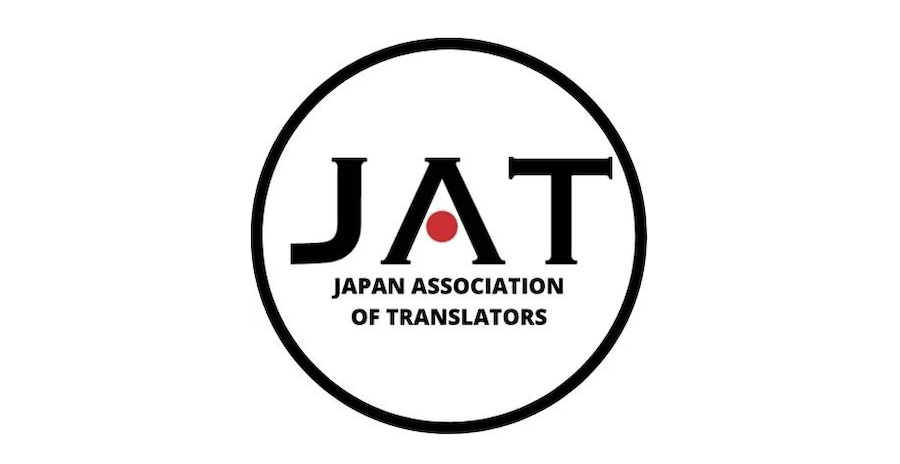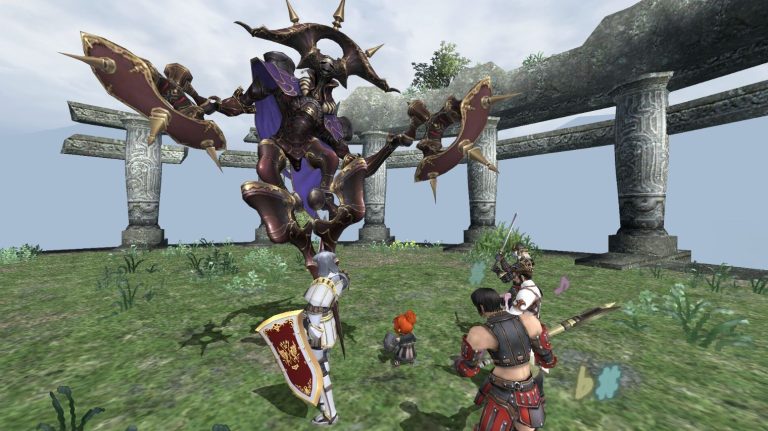On June 4, the Japan Association of Translators (JAT) released an open statement against a joint initiative by the Japanese government and private sector companies to use AI for high-volume translation of manga. The association cited that AI’s current limitations and lack of oversight would result in badly translated manga being produced en masse. They argue that this would greatly diminish the value of the works themselves, increase demand for better pirated translations and ultimately damage Japan’s soft power.
The initiative that JAT are opposing was announced at the beginning of May. According to The Nikkei, ten companies, including major manga publisher Shogakukan and the Japan Investment Corporation (JIC), which is affiliated with Japan’s Ministry of Economy, Trade and Industry (METI), have invested 2.92 billion yen in Orange, a start-up company that uses AI to translate manga. The project aims to make manga translation at least 10 times faster, producing around 50,000 works in 5 years. The ultimate goal is to dramatically increase the number of manga exports and to promote the growth of Japan’s content industry.
However, the Japan Association of Translators has opposed this move on several grounds. Firstly, they are concerned that AI is currently unable to correctly infer context. Japanese is a high context language in which information is often left out of sentences- meaning that AI can easily end up coming out with an incorrect translation or getting the tone wrong. JAT explains that “AI translation is extremely unsuitable for translating high-context, story-centric writing, such as novels, scripts, and manga. Quick and easy AI translation not only risks hurting the translation industry or the manga industry, but it is also not in the country’s best interests.”
They are also concerned that overreliance on AI will put professional manga translators out of work, turning “valuable human resources into throw-away commodities.” JAT also voices the concern that flooding the market with rapidly produced, poor-quality AI translations will damage consumers’ trust as well as their image of Japan.
In closing, JAT does not appear to be completely against the use of AI translation- rather, they object to its unregulated use as a cost-saving mechanism. The organization calls for “careful and constructive dialogue” between all related parties involved in manga production to consider how to appropriately utilize AI and machine translation. Earlier this year, TO Books premium manga subscription service Corona EX was heavily criticized for using botched and incomplete AI translations of manga.






“Japan Association of Translators” (https://jat.org/translators), just as I expected, with a name like that most names aren’t even of Japanese origin. I wonder how many of them are guilty of replacing the original text with fanfics in the name of “localization” and now only when their jobs are at risk they claim to care about providing faithful translations.
Just as Mamaki stated above. I could tell this was not anyone of Japanese Origin and is a foreign group who only cares to defend subpar translations that have Political Insertions and Memespeak than to create authentic translations. If they cared in the first place they would have done a better job long ago and not gaslight the customer including creators that they need bad translations in order to keep going and to ask for censorship in products to then undervalue sells overseas.
There is no reason why AI should not exist and have an In-House Bilingual Editor of Japanese Origin to look over it. Other than to keep the quality low and the wages artificially high. AI can learn and evolve to do better, a translator who is in love with the status quo and money will not. Which has been the case for a long time.
As a customer, I’m in favor of AI translation of manga. I just don’t trust localizers anymore, and I’d rather Japanese companies have the tools to translate their own media instead of letting parasitic entities extract money for work that abuses the source material.